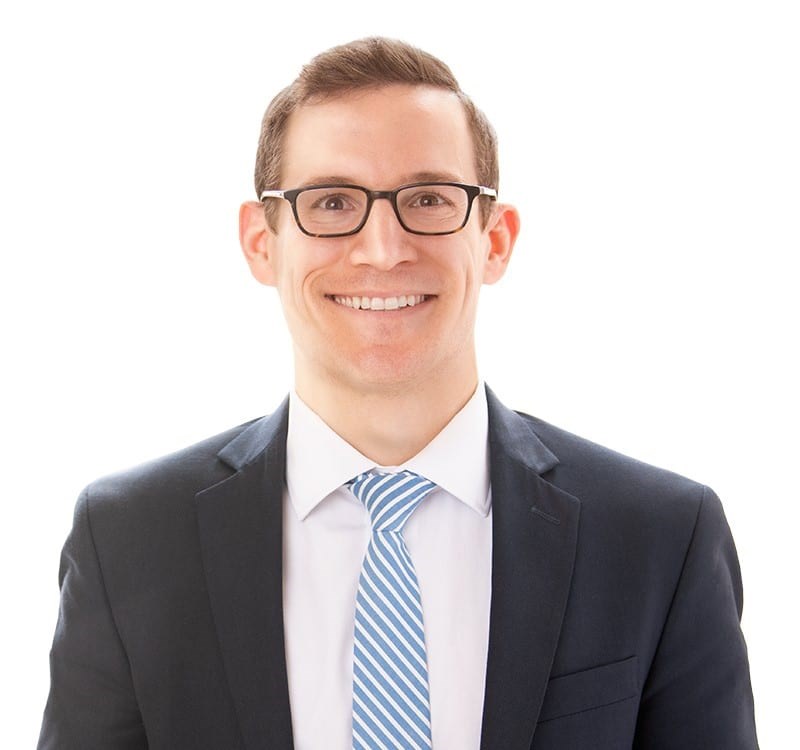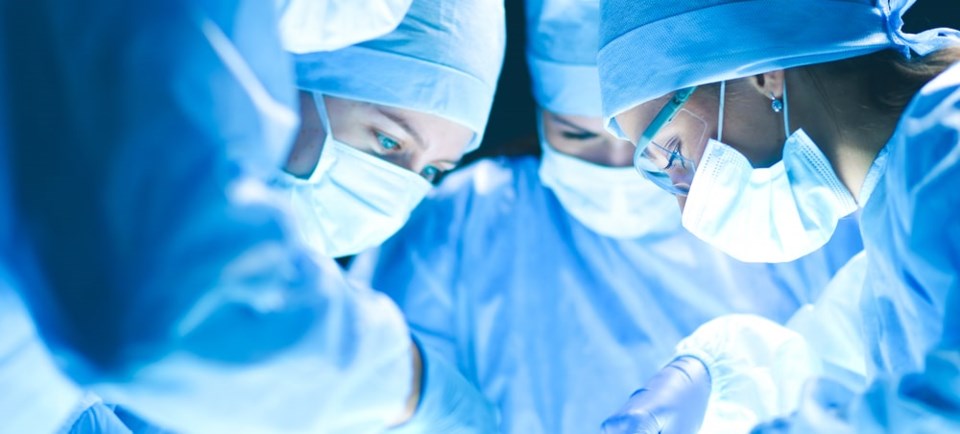With phase one of Gov. Abbott’s plan to reopen Texas underway, hospitals and health centers are now preparing to perform elective surgeries again. We spoke to Peter Derman, MD, endoscopic spine surgeon on the medical staff at Texas Health Center for Diagnostics & Surgery in Plano and in private practice at the Texas Back Institute about what to expect.
Q: How have you handled the outbreak?
Dr. Peter Derman: Our group actually shut ourselves down a week before mandated to do so. We felt it was important at that time. Now, the testing situation has changed, our general understanding of the peak here has developed, so we are comfortable opening up. I have a backlog of 20 people waiting in limbo for six weeks. Their procedures may not be life-saving, but they’re still necessary. Some of these patients can’t walk in their own house. I’ve been getting calls in my office every single day just pleading for me, begging to be taken care of and my hands have been tied. Just because it’s not an emergency doesn’t mean it’s not important.
Q: What risks do those patients face?
Derman: I get worried because they’re at higher risk of blood clots, and they have needed higher doses of pain medication. We all know opioids are not a benign thing. Holding off their procedure puts them in a different set of risks. Some have also had to go to emergency rooms in lieu of us, and that’s the last place you want to be right now.
Q: What could you do for them during the shutdown?
Derman: Overnight my practice changed from traditional in person to telemedicine for 99.5 percent of my patients. I’ve only seen one patient in the office in the last six weeks.
Telemedicine actually works pretty darn well. Some patients, like those who would normally have to fly in from other states, prefer it. I’ve had telemedicine calls with people in California and that’s been beneficial to them. A large degree of that will stay. We will be opening for limited office visits for patients who have difficulty with it, and so those will be case by case.
Q: How are you proceeding now?
Derman: A big part of it is the safeguards put in place. The hospital I usually operate out of in Plano is screening everyone by phone two to three days before the procedure for symptoms or possible contact with coronavirus. As long as everything checks out, then they’re tested within 24 hours of surgery. Between time of test and surgery, they’re instructed to be in strict quarantine. Different hospitals are doing it differently. Big ones have separate Coronavirus areas. Smaller surgical centers, like ours, are coronavirus-free facilities.
Q: What about the day-of surgery?
Derman: On the day of surgery there are safeguards. We have limits on visitors which can be tough when you’re talking about surgery, but it’s in the interest of the patients to restrict how many people are around. The staff, doctors, nurses, janitors, everyone is being screened and having their temperatures taken. Everyone is wearing a mask. We are doing everything to maintain an especially safe environment to minimize potential spread. It’s been a big process to figure out the logistics of it.
Q: When you closed in March, no one was sure when we would reopen. How is the situation different today?

Derman: Initially, the original scenario is different than what we are in now. Coronavirus is a major threat, but originally we didn’t know if Dallas was going to be a New York City scenario. We felt it was our ethical duty to hold off on operations because we didn’t know if we would need ventilators, masks and other equipment. We didn’t have access to testing early on so didn’t know if people were asymptomatic. I had to call a patient and tell him his surgery for the next day was canceled, and that I had no idea when we would get to do it. He’s getting it Friday.
Q: What prevented Dallas from becoming a New York City scenario?
Derman: It’s because of social distancing that it’s not as bad as predicted. We’re going to maintain it and be smart, but carefully moving forward does make sense.
Q: How are patients screened for procedures in light of COVID-19?
Derman: We are prioritizing patients who are relatively healthier. Heaven forbid, if something comes through the cracks and a patient gets infected, we don’t want that person to be 85 with other medical problems. We are also prioritizing cases that have short hospital stays.
I do minimally invasive surgeries, so many of my patients go home the day of surgery. Those are the patients we’re starting with.
Q: How is the mood in the center?
Derman: Everyone is excited to get back to work. We all love our jobs. It’s a rewarding job to have someone come in with a problem and to fix it. Many are already dramatically better in the recovery room. Someone can come in bed bound, and in a 35-minute procedure, turn their life around.
Q: What would you like people to understand about safely getting medical care in this time?
I’ve seen a lot of reports on people holding off on medical care out of concern for coronavirus. Everyone is weighing the risk of leaving the house with the benefit of getting medically taken care of. There have been reports of people not even going when they’re having heart attacks. We are taking great measures to mitigate the risk of these procedures and make this a safe environment. We want people to be safe and comfortable getting care.
A lot has changed in the last six weeks. We can take care of them with remote measures, testing and screening. I just want to remind people to still get care.
Disclaimer: Texas Health Center for Diagnostics & Surgery in Plano is a current advertiser and Texas Back Institute is a former advertiser with Local Profile.




